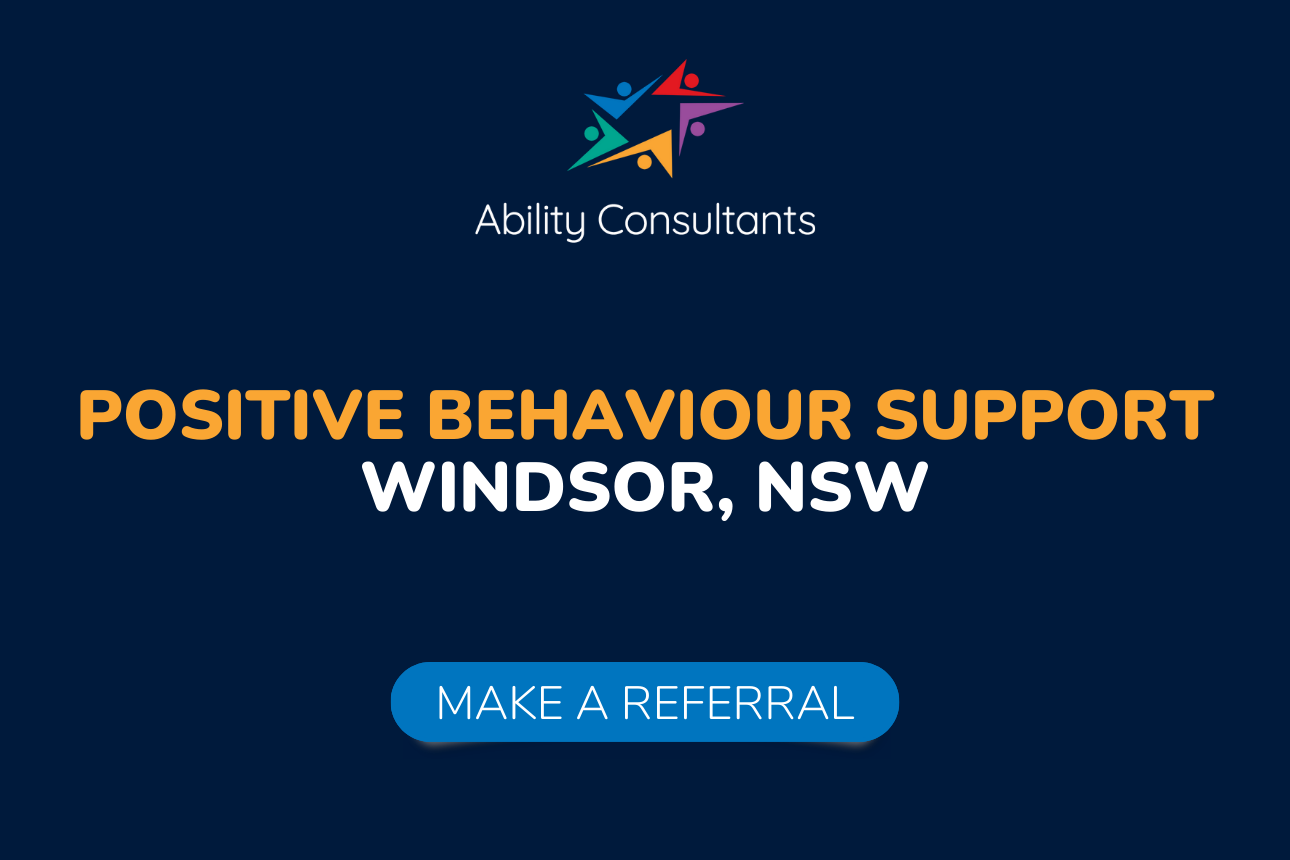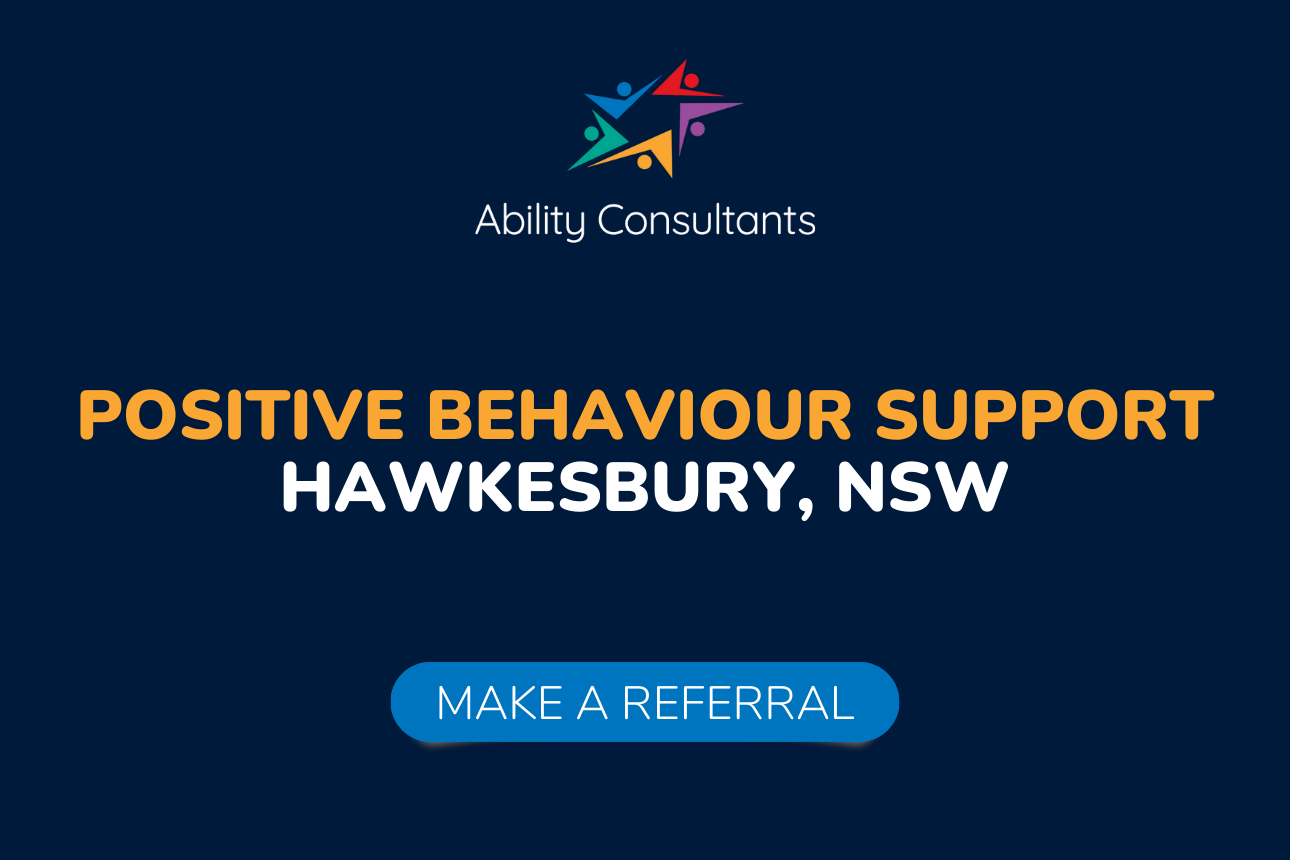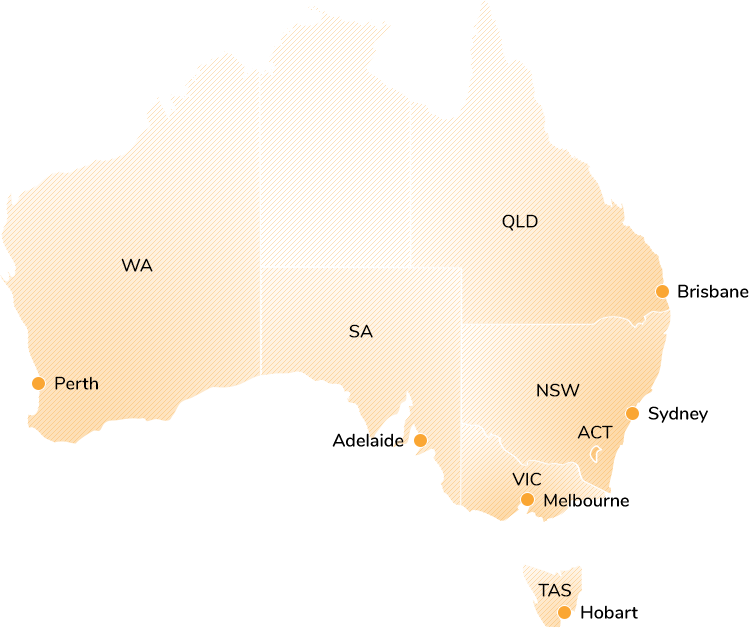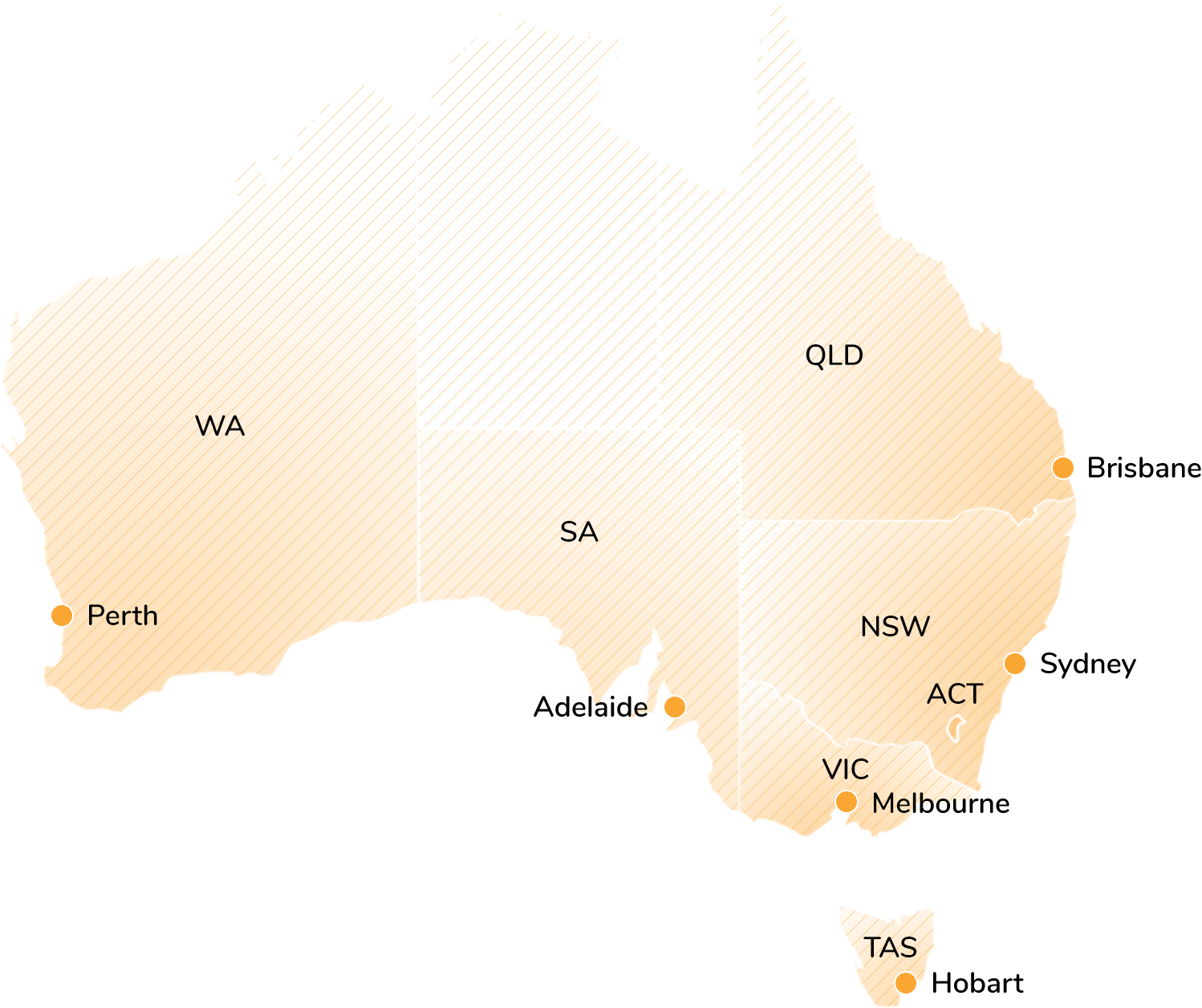Positive Behaviour Support Windsor, NSW: Meet PBS practitioner Livian Jones
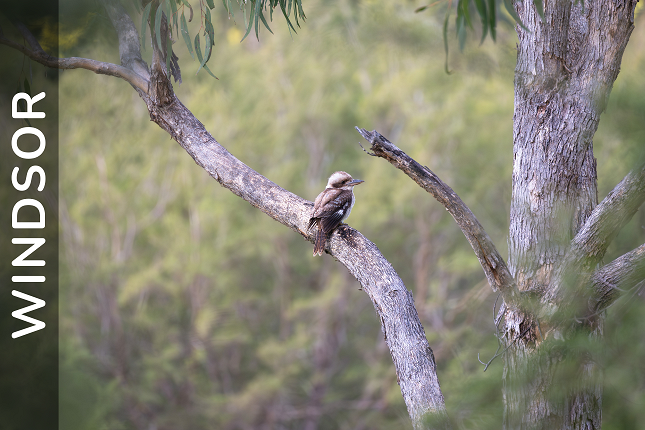
Looking for Positive Behaviour Support in Windsor, NSW? We can help — make a referral anytime by completing an online referral form.
We’ve got an incredible team of behaviour support practitioners in north west Sydney and we’re pleased to introduce you to Livian Jones. Livian supports NDIS participants throughout west and north west Sydney, including the Hawkesbury region, Penrith, Blacktown and the Hills District.
Meet Livian Jones, Behaviour Support Practitioner in Windsor, NSW
Hi Livian, it’s great to have you on our team in Windsor! Tell us about you!
I’ve been working and supporting people who live with disabilities for over 35 years. I am a single mum to two beautiful (not so young anymore) children and I am a proud grandmother to my grandson and granddaughter. Some of my hobbies and interests include reading, swimming, listening to music and walking with my headphones on listening to podcasts, or 80s music!
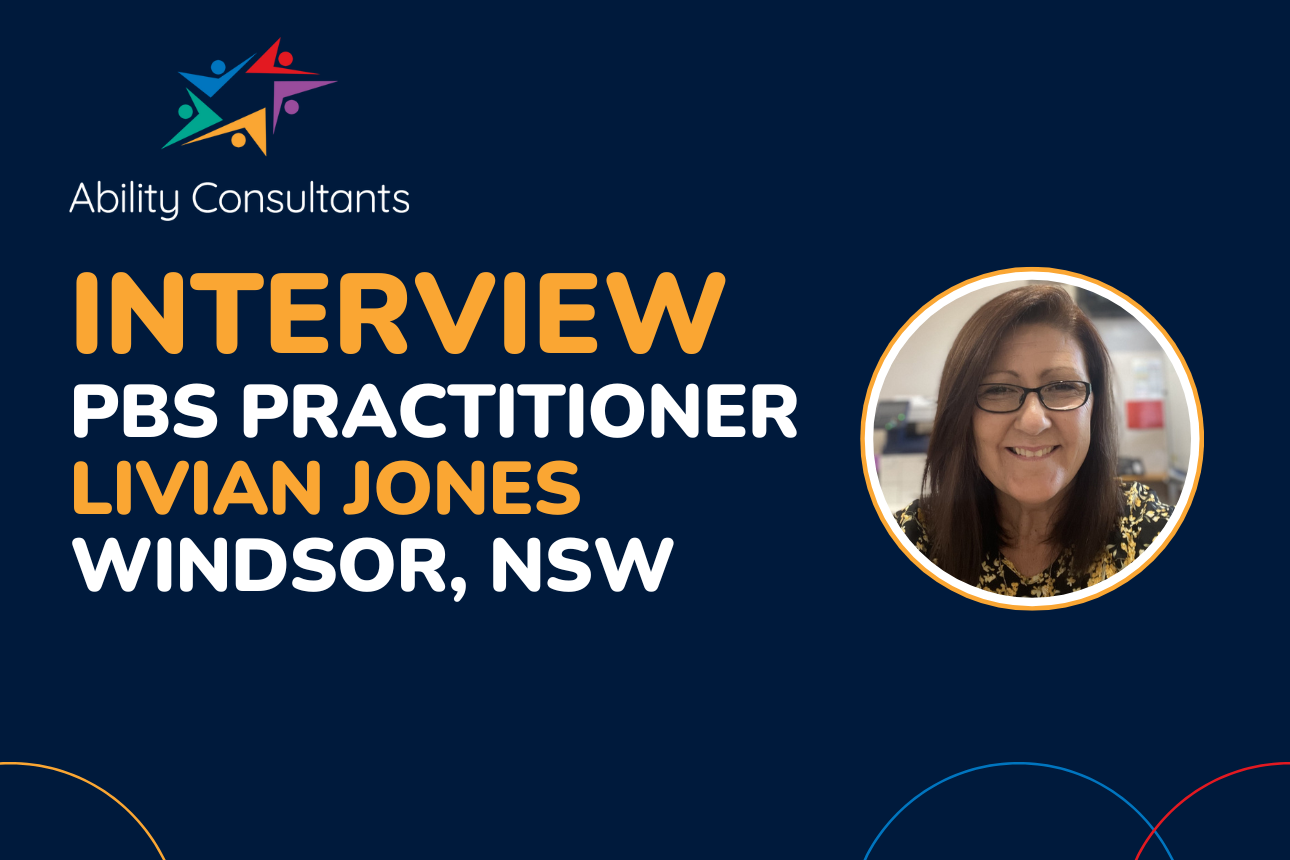
Why is Positive Behaviour Support (PBS) important to you?
I love connecting with people from all walks of life and this is a huge motivator for my move into the Positive Behaviour Support space. I believe that everyone has something important to them that they are trying to communicate to others and the principles of Positive Behavior Support create the space in which people are able to work to their strengths.
It is so important to me that the right framework is in place for them so that they have the freedom to “tell their story” in a way that works best for them and contributes to enhancing their quality of life.
You’ve worked in the disability sector for over 30 years. What are three key lessons you’ve learnt about supporting individuals living with disabilities?
Three key lessons I have learnt about supporting individuals with disabilities are:
- “Person-centredness” is more than just a term or a catchy reference to what we are doing at the time. It extends far beyond programs or activities; it encapsulates everything that the person holds valuable in their life and that in itself deserves the utmost respect.
- People may use their behaviour as a means of communicating a need. It’s not something that needs to be “fixed” but rather understood and then supported to find an alternate way that helps them feel in control of what they are trying to communicate.
- Flexibility is key! Flexibility in ideas, flexibility in approaches, flexibility in expectations; some of my most important lessons in flexibility have come from people living with disabilities.
You have experience supporting individuals living with autism on a professional and personal level — what is one helpful approach NDIS providers can take when supporting individuals with autism and their support teams?
I think it is crucial to respect the individuality of the person and the journey they are on. There is no “one size fits all” approach to supporting individuals with autism and I feel it is important to have this at the forefront of our consciousness when we connect to those seeking support from us.
As someone with lived experience of supporting family members with autism, I certainly appreciate when providers are able to empathise with our journey to this point. Even if they don’t fully understand what we as a family have been through, if a provider respects our journey as a family, then we are willing to share that part of our life more freely.
It is this starting point that I always try to bring to the individuals with autism and their support teams; we’ve all had a journey to get to where we are and whilst my journey likely looks different to theirs, it is an important journey none the less and one I seek to learn from with each moment we spend together.
It has been my experience that people and their support networks are looking to feel more empowered with their choices and so by listening and keeping that collaborative approach, we become part of their journey.
About Positive Behaviour Support and its impact
Can you tell us about a time you’ve seen Positive Behaviour Support in action and the effect it had on a person and/or their family?
I recently worked with a participant who has a diagnosis of autism and attends a day program. A crucial part of Positive Behaviour Support is understanding “the why”. I have seen a wonderful example of how a support team in this day program collaborated together to find creative ways to collect the data (that worked with the person’s life) and then used it to gain more insight into the specific challenges the person was having at the time and how the person was communicating those challenges through their behaviour.
Once the patterns of behaviour were determined, the team then realised that a lot of the behaviours of concern were happening in the morning at a specific time. The team then created a number of visuals largely centred around choices of activities in the morning schedule and with continued support, the person was able to eventually communicate with the team that he wanted to try different activities and he wants to have a cup of coffee before he starts his day there!
Once this was validated and supported, the morning routine was adjusted to accommodate this important aspect for the person. This then enabled him to feel heard and validated to the point where he now makes coffee for his peers and the team have started supporting him to look into other barista opportunities which he was extremely excited about!
Apart from a reduction in behaviours of concern, the person was able to communicate his choices more effectively so he felt heard and validated, which then motivated him to seek to connect more with his peers and his world opened up just that little bit more!

Can you tell us how Positive Behaviour Support can improve quality of life for children or young adults on the Autism Spectrum?
Positive Behaviour Support works to the heart of every human and the connections that motivate them to enhance their quality of life. As a strengths-based and evidence-based approach, Positive Behaviour Support provides the framework for people on the Autism Spectrum to have choice in how they share their experiences with others.
You have extensive experience managing day programs — what steps should behaviour support practitioners take to work effectively with day program staff?
One of the key steps is consultation and collaboration. Behaviour Support Practitioners need to collect data to understand the function of someone’s behaviours of concern; staff in day programs are often working with more than one person who may be displaying behaviours of concern at any given time so their focus may be on the behaviour when it presents “at that moment".
Both the behaviour support practitioner and the day program staff need each other so it is crucial for transparent and open conversation about the priorities and how these can be met. Building a rapport not only with the participant but other stakeholders fosters a sense of trust which then results in more consistency from everyone when supporting the participant.
We are all working towards the same goal — enhancing the quality of life for those we support. Being able to respect each stakeholder’s path to get to that goal enables the collaboration to thrive which then results in the participant feeling well supported with that consistency.
Positive Behaviour Support in Windsor, NSW
Where do you provide Positive Behaviour Support in NSW?
- Hawkesbury: Windsor, Richmond, Grose Vale, Kurrajong, Tennyson, Pitt Town, Cattai, Lower Portland
- Hills District: Rouse Hill, Kellyville, Kellyville Ridge, Beaumont Hills, Bella Vista, Norwest, Castle Hill, Baulkham Hills, Dural, Glenhaven, Kenthurst, Glenorie
- Blacktown: Riverstone, Grantham Park, Schofields, Marsden Park, Quakers Hill, Parklea, Glenwood, The Ponds, Mount Druitt, Shalvey, Bidwill, Hebersham, Whalan, Rooty Hill, Glendenning, Dean Park, Doonside, Woodcroft, Blacktown, Kings Langley, Lalor Park, Seven Hills, Toongabbie
- Penrith: Berkshire Park, Londonderry, Llandilo, Castlereagh, Cranebrook, Werrington Downs, Werrington, St Marys, Oxley Park, Kingswood, Penrith
What if an NDIS participant lives quite far or travel is challenging, are you able to provide Positive Behaviour Support? What might this look like?
That’s easy — if I am the right fit for what you are looking for, then I am more than happy to travel or engage in tele-PBS! If we are meant to connect, there will always be a way!
Do you focus on supporting NDIS participants with specific diagnoses or age groups?
I don't have a specific focus, although having said that, I particularly enjoy supporting families who are new to the Positive Behaviour Support space or new to the NDIS in general. It can be such a daunting experience trying to understand the ever-changing landscape so I enjoy supporting a person and their loved ones in any small way and helping them feel less alone in their journey.
How to get started with Positive Behaviour Support in Windsor, NSW
How can NDIS participants in Windsor get started with Positive Behaviour Support?
The first step is to make a referral for Positive Behaviour Support (PBS) on our website. You can do this anytime and you can make your own referral, or a member of your support team can make a referral on your behalf.
If you have any questions about Positive Behaviour Support in north west Sydney, please feel welcome to call our team on 1300 694 625 or send a message using our contact form.
Life in Windsor, NSW
What do you love most about living near Windsor NSW?
I absolutely love the fact that I am amongst the “country” without sacrificing easy access to shops and other amenities when needed. I really have the best of both worlds where I live. I am remote enough to appreciate country living but not too remote that I feel isolated. I also love the sense of community there — the people are very nice! I am also a country-girl at heart so I love being outdoors and getting into different projects! I’ve discovered there is always something to do on the six acres I now live on!
Can you tell us about accessible recreational activities or locations in Windsor or nearby in north west Sydney?
Windsor and its surrounds are rich in history which is a huge part of the appeal here. With a rural focus, places like Governor Phillip Park offer peaceful and tranquil spots to enjoy a quiet walk as well as barbecues, picnics etc. There is also The Australiana Pioneer Village at Wilberforce which enables you to experience a true “step back in time”. There are also the markets in Windsor’s main street that happen every Sunday, not only offering plenty of shopping bargains, but also live music and easy access to great places for a bite to eat including the Macquarie Arms Hotel!
About Ability Consultants
Ability Consultants is a Registered NDIS Provider in north west Sydney. We support NDIS participants throughout NSW, QLD, Victoria, Tasmania, South Australia and Western Australia.
We primarily provide Positive Behaviour Support however we also deliver psychology support in parts of Australia, including psychology assessments and therapy.
About Positive Behaviour Support



